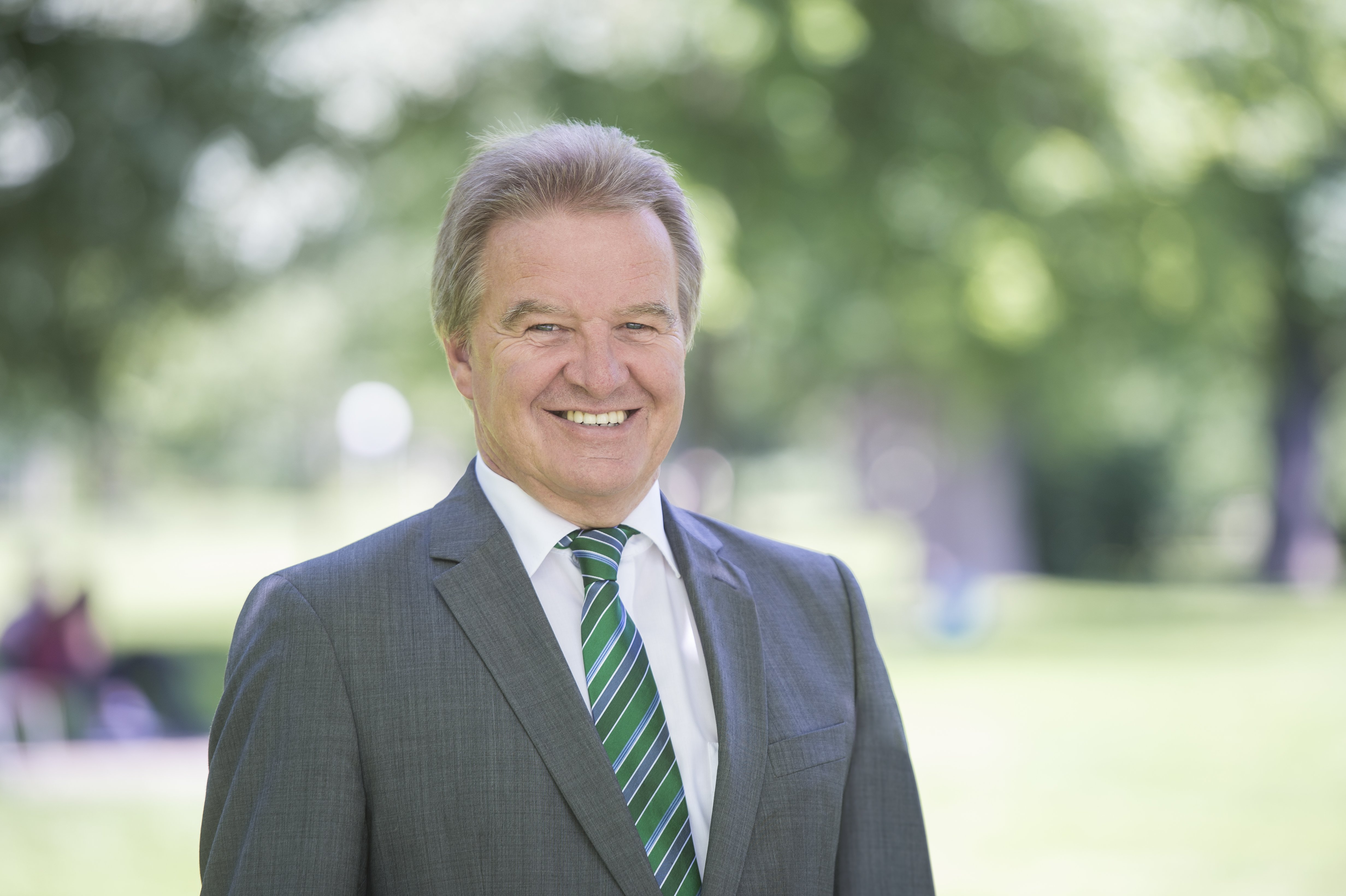
© KD Busch
Franz Untersteller MdL
Minister for the Environment, Climate and Energy of the State of Baden-Württemberg
Franz Untersteller was born in Ensheim, Saarland. He graduated in 1977 from the commercial high school in Saarbrücken. In 1978, he received his degree in Landscape Planning from the then University of Applied Sciences Nürtingen, which he successfully completed after studying in Colombia in 1982 as a graduate engineer. As a lecturer, he returned to the University of Applied Sciences in 1998/99.
As early as 1981, Franz Untersteller worked at the Öko-Institut e.V. in Freiburg, from 2002 to 2011 he was a member of the Executive Board. He earned his political spurs between 1983 and 2006 as an environmental and energy policy adviser to the Green Group in the Baden-Württemberg state parliament. Since 2006 he is a member of the state parliament of Baden-Württemberg. From 2006 to 2011 he was Deputy Leader of the Green parliamentary group. In addition, since 2008 he has been a member of the board of the association "Friends and supporters of Wilhelma e.V.".
In May 2011 he was appointed Minister of the Environment, Climate and Energy of the state of Baden-Württemberg.
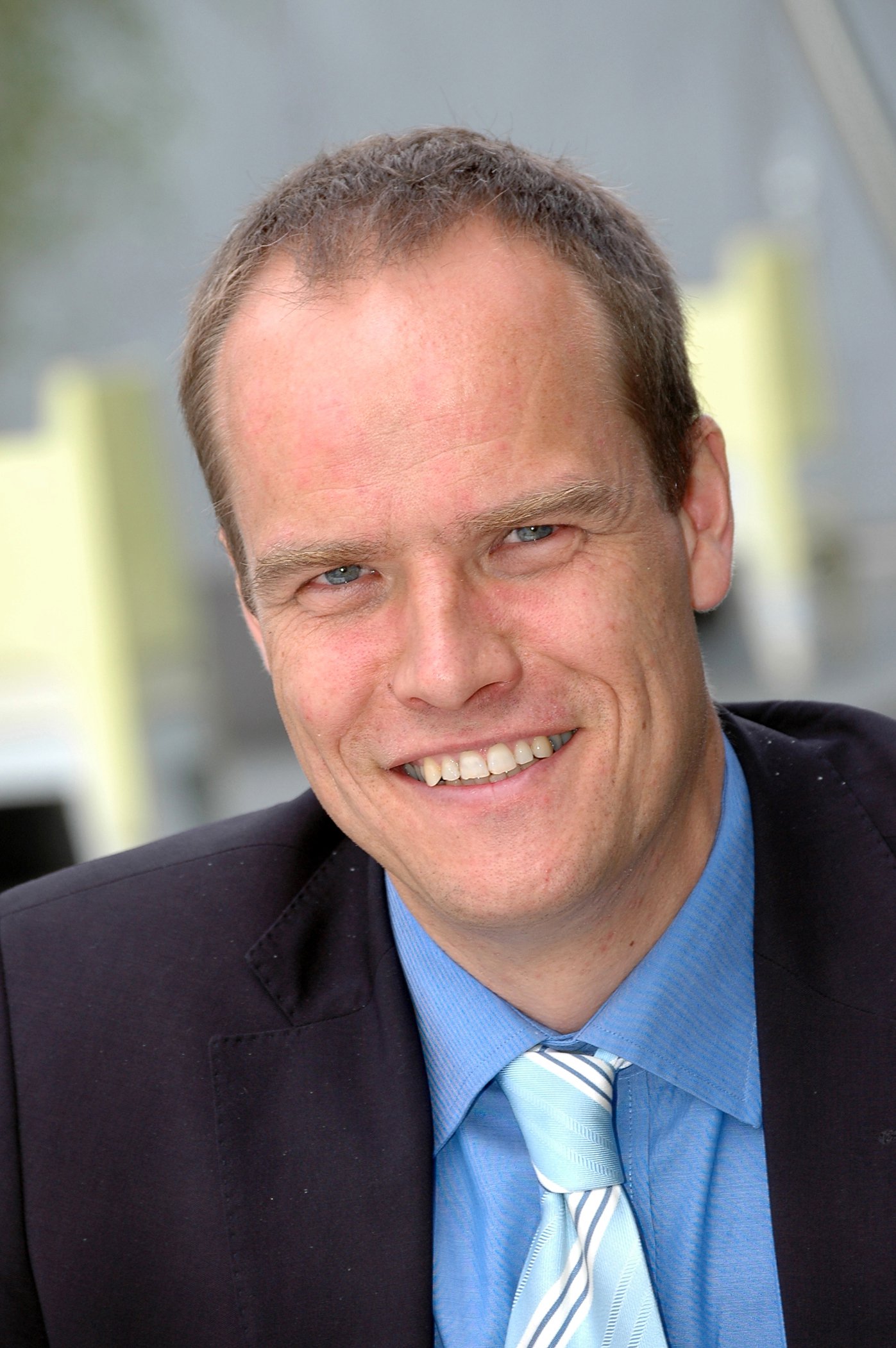
© Hentschel
Prof. Dr. rer. nat. Eckart Würzner
Mayor of the City of Heidelberg
Eckart Würzner is a native of Goslar. He studied geography in Mannheim and Heidelberg as well as a minor in law.
Würzner joined the professional life as environmental consultant for the administrative center of the city of Heidelberg. He was co-founder and managing director of the regional energy agency. He also founded the Working Group Environment at the German Association of Cities.
In Brazil, he supported the cities of Rio de Janeiro and Curitiba on behalf of the Carl Duisberg Society in setting up an environmental and energy management system. In Saudi Arabia, he carried out training for the development of environmental management systems in several cities on behalf of the Federal Foreign Office. In 1996, during a research stay in the US, he did a study on climate change strategies in American cities for the Center for Clean Air Policy in Washington.
Würzner was the Mayor of the City of Heidelberg for Environment for six years before being elected Lord Mayor in 2006. 2014 was the re-election. In addition, Würzner is active in numerous committees, including being President of the European Network Energy Cities and member of the Advisory Council of the Mayors "European Covenant of Mayors Board".
As a lecturer for many years, Würzner has been teaching at the SRH University of Applied Sciences Heidelberg since 2009 in the field of energy and environmental management, sustainability and project management
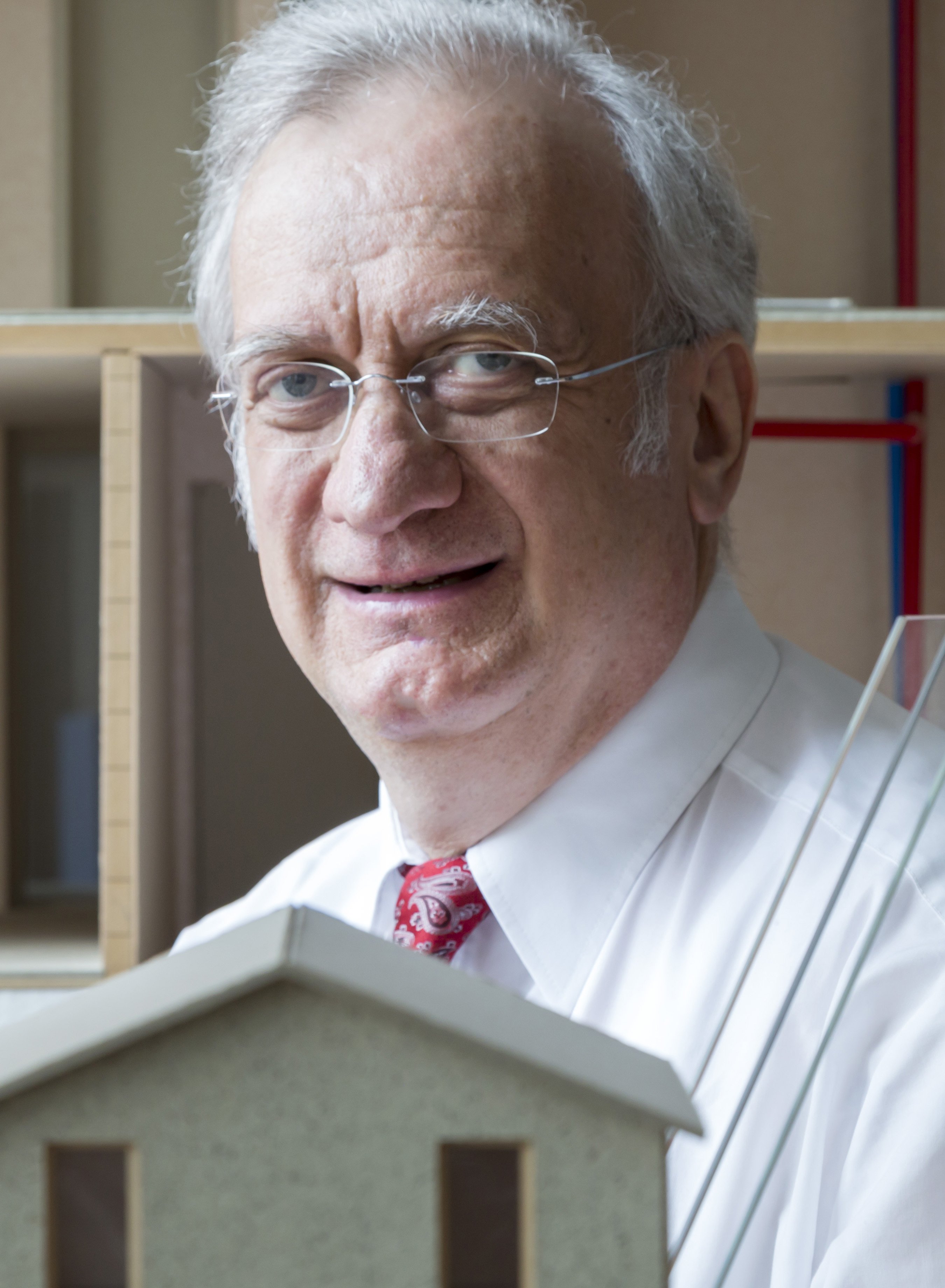
© Peter Cook
Prof. Dr. Wolfgang Feist
Founder of the Passive House Institute
Dr Wolfgang Feist, a physicist by training, is the founder and director of the Passive House Institute (PHI), an independent research institute founded in 1996 in Darmstadt, Germany. He has dedicated his career to the development of solutions for energy efficient buildings and increasing industry capacity worldwide through the Passive House Standard. Having researched at Tübingen, Kassel and Lund University since 1973, Feist was responsible for the planning and construction of the first Passive House building in 1991, which almost 25 years later still performs as initially designed. Since 2008, Dr Feist is also a professor of building physics at the University of Innsbruck, where he has worked within the Department of Energy Efficient Construction since 2008 to spur development in the region of Tyrol, Austria.
Among his many recognitions, Dr. Feist has been awarded the following:
2001 National German Environmental Award, Deutsche Bundesstiftung Umwelt (DBU)
2003 International Environmental Award of the City of Gothenborg
2013 Honorary Fellowship Award, Royal Institute of British Architects (RIBA)
2014 Sustainable Building Award, University City of Lund, Sweden
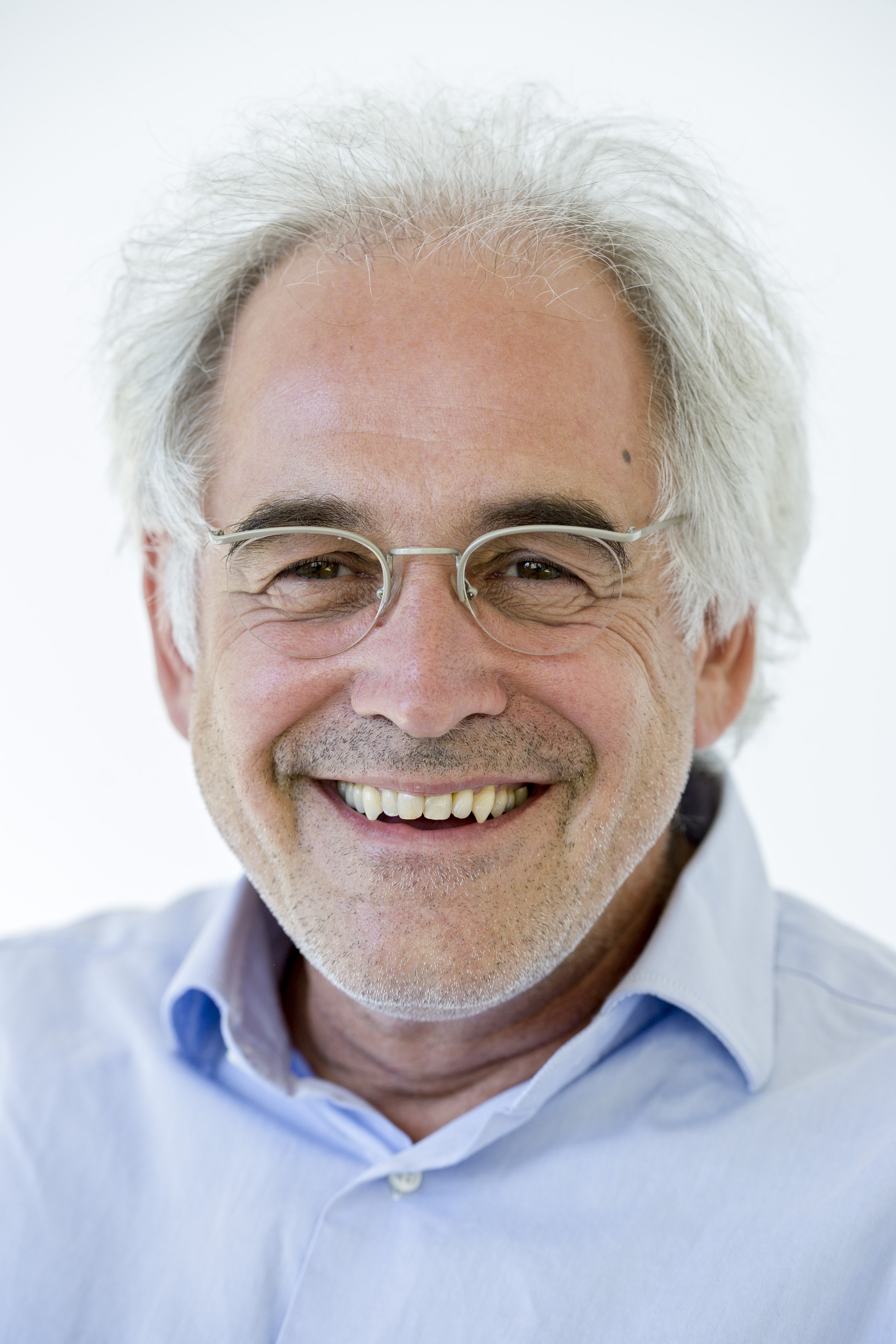
© Philipp Rothe
Michael Braum
Is a city planner and university professor for urban planning and design at the Gottfried Wilhelm Leibniz University Hannover as well as managing director of the IBA Heidelberg
Braum studied urban planning at the Technical University of Berlin. After working for the Free Planning Group Berlin, he returned in 1984 as a research assistant to the Department of Urban Planning and Settlement at the Technical University of Berlin.
In 1988 he became a partner of the Free Planning Group Berlin. In 1996 he co-founded the office conradi, braum & bockhorst stadtplaner and architekten. In 2006 he founded the office mbup_stadtarchitekturlandschaft. His offices are primarily concerned with conceptual work at the interface between urban planning, architecture and landscape. In 1998, he was appointed Professor of Urban Design and Development at Leibniz Universität Hannover. He holds the chair until today. From 2008 to 2013, he was Chairman of the Executive Board of the Federal Foundation for Building Culture, which he set up.
Since June 2013 he is Managing Director of the International Building Exhibition Heidelberg. Since 2016, Michael Braum has been a member of the Convention and the Advisory Council of the Bundesstiftung Baukultur, a member of the large convention of the Schaderstiftung since 2017.
Braum is a member of the Association of German Architects, the German Academy for Urban Planning and Regional Planning (DASL) and the Association for Urban, Regional and State Planning. He is the author and publisher of numerous publications on topics of urban planning and building culture.
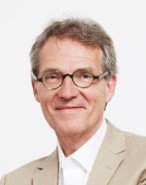
© Kirsten Bucher
Michael Schumacher
Is a professor of design and engineering at the faculty of Architecture and landscape, Leibniz Universität Hannover and co-founder of schneider + schumacher
Prof. Michael Schumacher, born in Krefeld in 1957, studied architecture at the University of Kaiserslautern. In 1986 he completed postgraduate studies at the Städelschule in Frankfurt on Main with Peter Cook. 1987 he was a freelancer in the office of Sir Norman Foster in London. Next year ,1988, followed the founding of schneider + schumacher. Prof. Michael Schumacher took on the visiting professorship at the Städelschule in Frankfurt for two years starting in 1999. Between 2004 and 2009 he acted as chairman of the Association of German Architects (BDA) Hesse. Since 2007 he has been Professor of Design and Constructing at the Faculty of Architecture and Landscape, Leibniz Universität Hannover.
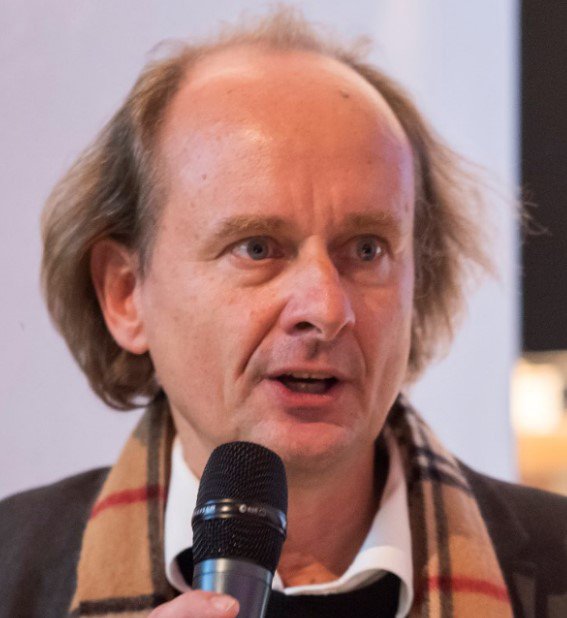
© Erik Jan Ouwerkerk
Achim Söding
is a managing partner at AUER WEBER, Stuttgart
Achim Söding, Dipl.-Ing. Architect BDA, born in Hannover in 1961, studied architecture at the University of Hannover and at the Vienna University of Technology. In 1987 he won Rudolf Lodder's "Manifesto for a Different Architecture" award. After graduating from the University of Hannover, he worked in the Wilke office in Hanover. Achim Söding has been with Auer Weber in Stuttgart since 1989 and 2006 he took over the role of the managing partner. Between 2001 and 2002 he had been teaching in Building Construction and Design at the University of Applied Sciences Magdeburg / Stendal FH.
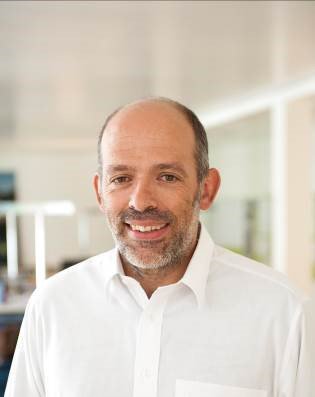
Jörg Usinger
Is a partner of Behnisch Architekten, Stuttgart
Jörg Usinger, born in 1966 in Frankfurt/Main, studied architecture at the RWTH Aachen and the former Technical University of Karlsruhe, Germany. After obtaining his diploma in 1993, he joined Behnisch & Partner, the practice of Günter Behnisch, where he was responsible for a number of award winning-competitions and projects. Since 2005, Jörg worked with Behnisch Architekten and gained extensive experience in numerous projects, and was, amongst others, project leader of the Thermal Spa Römerbad in Bad Kleinkirchheim/Austria, the Institute for Technical Physics at the KIT and the Dorotheen Quartier in Stuttgart. Between 2003 and 2012 he was a visiting lecturer at the Institute for Construction Economics, University of Stuttgart. In January 2017 he became partner at Behnisch Architekten Stuttgart.
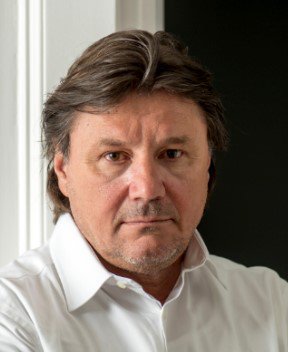
© Lisa Farkas
Stefan Forster
Is a managing partner at Stefan Forster Architekten GmbH, Frankfurt
Stefan Forster, Dipl.-Ing. Architect, born 1958 in Rockenhausen, founded the office Stefan Forster Architekten 1989 in Darmstadt. He studied architecture at the TU Berlin (diploma 1984) and in Venice and was - after professional stops in Berlin and Mannheim - 1988-1993 research associate at the Department of Housing of the TU Darmstadt.
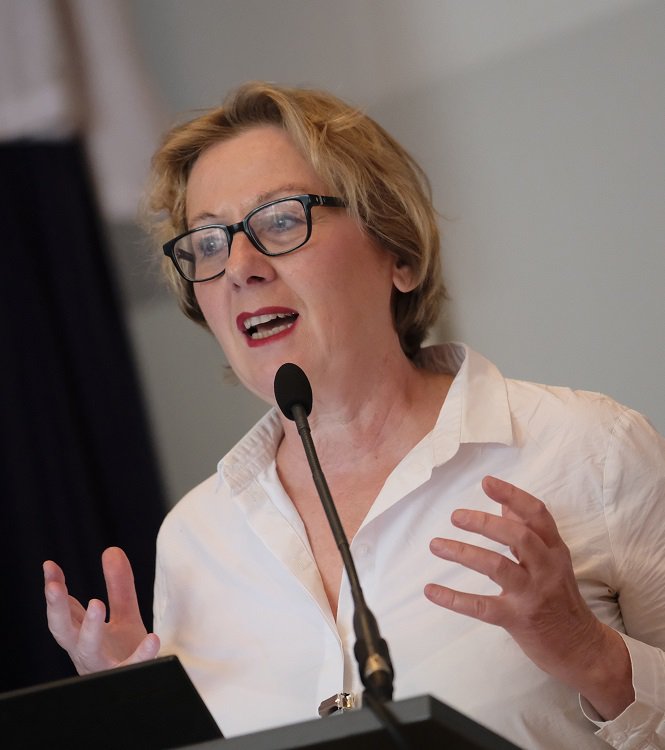
© Kai-Uwe Knoth
Prof. Hilde Léon
manager
Hilde Léon is an architect and managing director of the architecture firm léonwohlhage, which she founded in 1987 together with Konrad Wohlhage († 2007). She studied architecture at the Technical University Berlin and deepened her studies with a scholarship from the DAAD at the University of Venice.
Parallel to her professional development as an architect, Hilde Léon worked in teaching and research. From 1997-1999 she held a visiting professorship at the College of Fine Arts in Hamburg. Since 2000 she has worked as a professor at the Institute for Design and Building Theory at Leibniz Universität Hannover and was elected in 2019 as Dean of the Faculty of Architecture and Landscape.
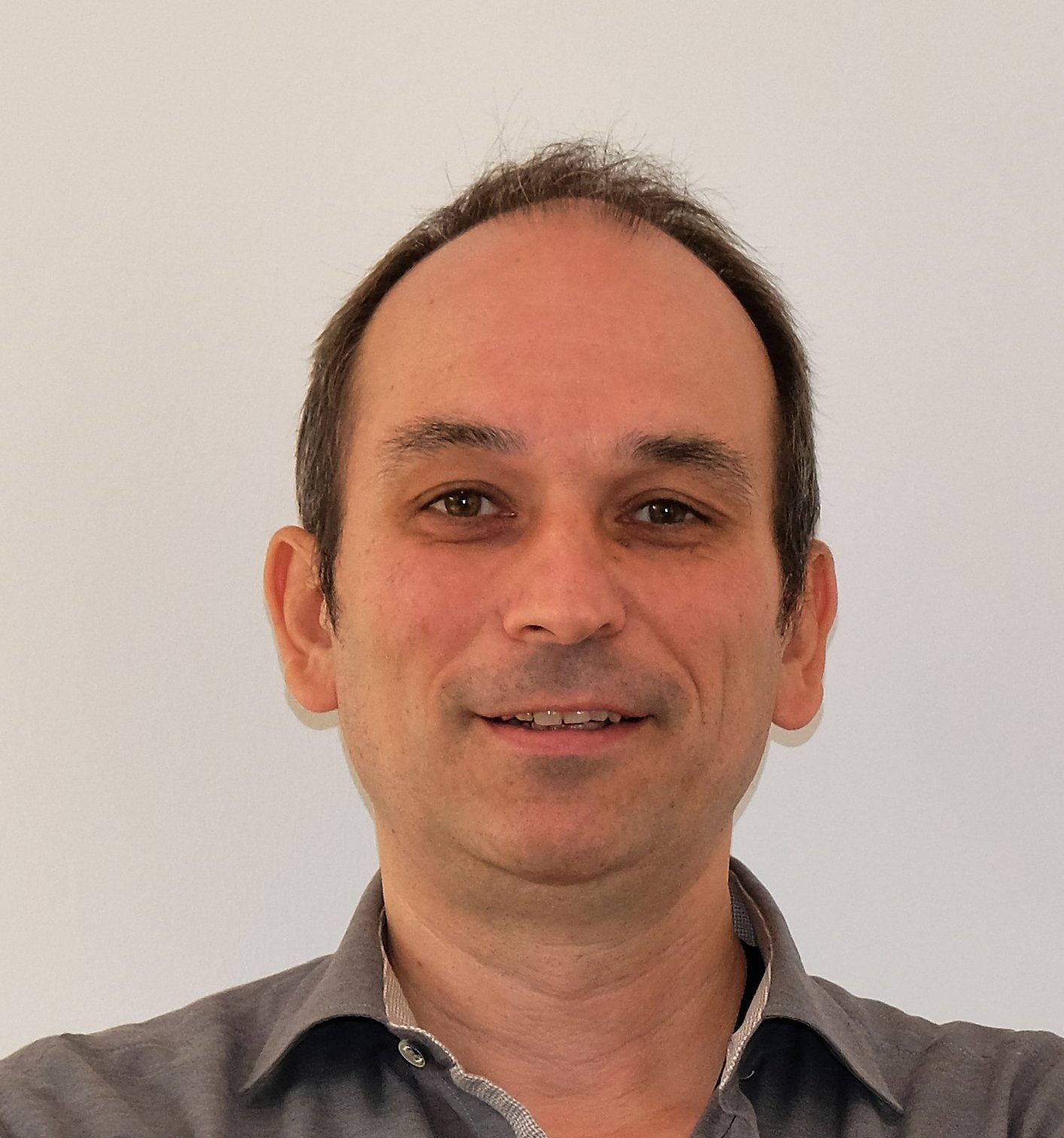
Johannes Laible
Johannes Laible deals with architectural monuments, micro-dwellings, barrier-free and energy-efficient building. He is a founding member and board member of Pro Passivhaus e. V. and publisher of the annual journal Passivhaus Kompendium, which has been published since 2006.
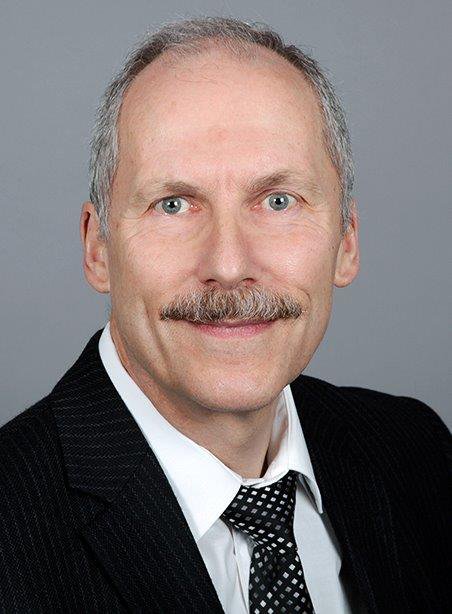
Dr. Frank Heidrich
Head of the directorate Heating and efficiency in buildings, research in the Federal Minstry of Economic Affairs and Energy
Dr. Frank Heidrich was born in Annaberg in 1954. After finishing his studies in economics and doing his PhD, he worked as a research associate at the building academy in the German Democratic Republic. He then worked as a department head in the GDR Federal Ministry of Building. In 1990 he became an advisor in the Federal Ministry of Building, Regional Planning and Urban Development. From 2007 he worked as Head of Division in the Federal Ministries for Transport, Construction and Urban Development (BMVBS) and for Economics and Energy (BMWi). Since 2015, he has been Head of the II C Department Heat and Efficiency in Buildings, Research at the Federal Ministry for Economic Affairs and Energy at the BMWi.
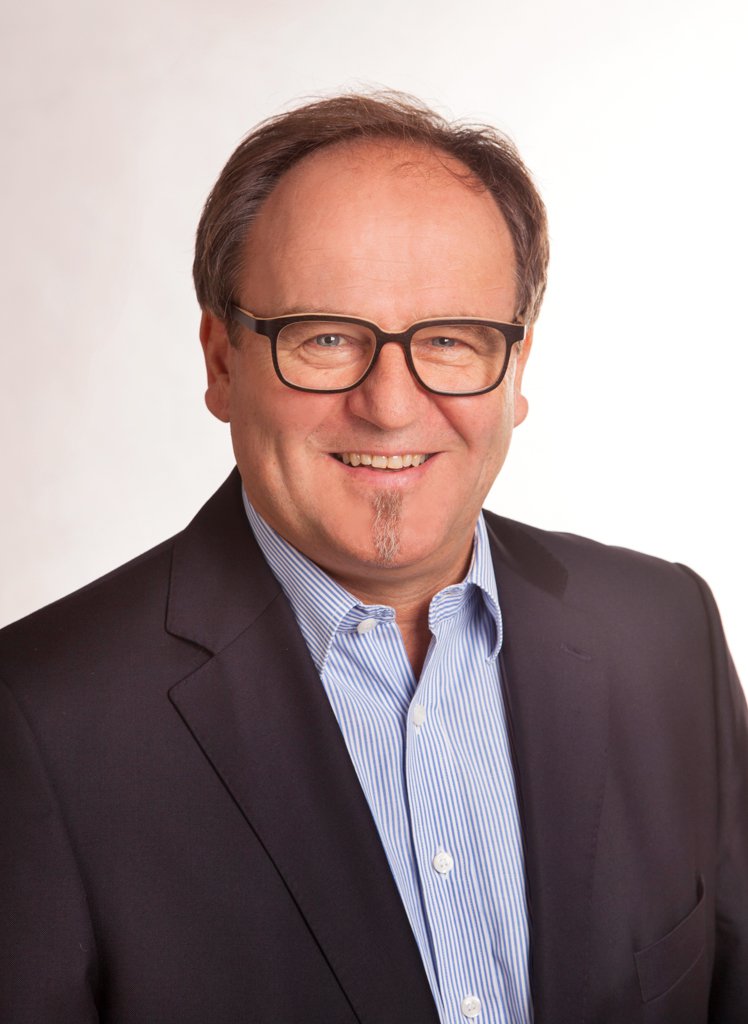
Dieter Herz
Managing Director at Herz & Lang GmbH
Born in 1956, graduate engineer (FH), he studied wood engineering FHR. He is a CEPH planner and DENA appraiser for housing and monument. Dieter Herz acts as chairman of the network Passive House Austria and is a board member of Holz Forum Allgäu. His areas of expertise include energy-efficient building concepts, integral planning + project management, networks.
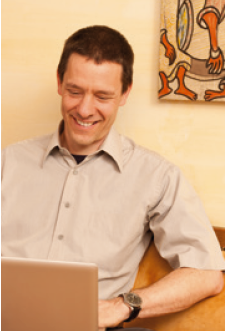
Georg Zielke
Architectural office Zielke
He is an independent architect, with many years of experience in environmental and economic planning for housing. Since 2002 he has specialized in planning and realization according to passive house standard. Georg Zielke works closely with the Passive House Institute in Darmstadt. He participates in national and international events to promote the Passive House principle throughout the world. His main interests and competences are:
• Construction of cost-effective and environmentally friendly housing projects • Use of ecological building materials • Development and reconstruction of existing properties • Standardized building design
• Use of recyclable materials.
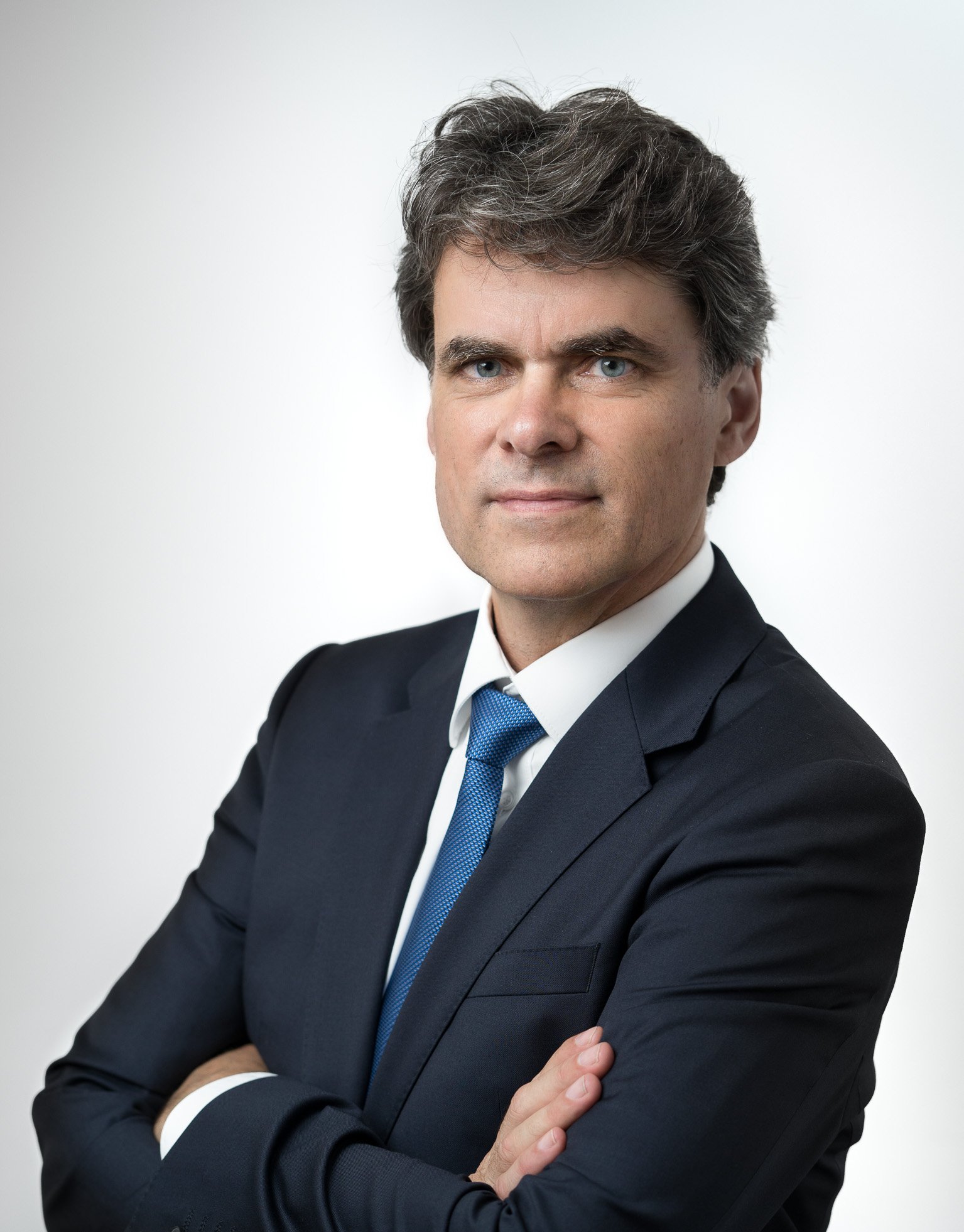
Ronald Meyer
Chairman of the German Building Modernization Association BVGeM e.V.
A civil engineer with a focus on "energy-saving and age-appropriate construction and modernization", has written 17 textbooks and moderated a large number of TV broadcasts. As initiator of the MODERNISIRUNGSOFFENSIVE, he networks regional construction and real estate professionals. In his daily seminars, he provides compact and vividly energy-saving basic knowledge for construction professionals, with his energy-saving shows he motivates entertaining-informative homeowners to modernize their homes. He is a founding member and chairman of the German Building Modernization Association BVGeM e.V., based in Leipzig.
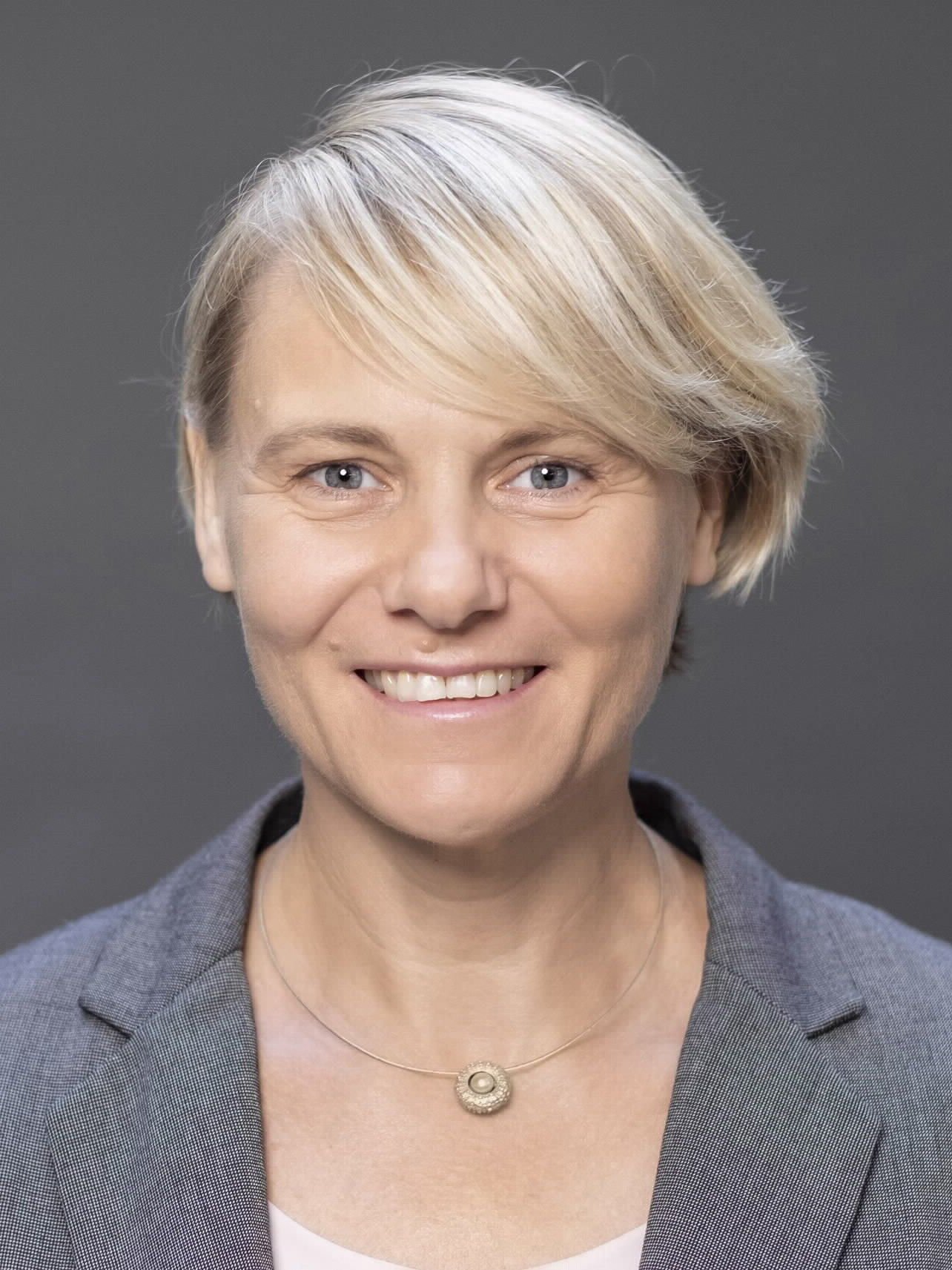
© Carina Kircher
Christiane Staab
Mayor of the city Walldorf
Christiane Staab, born 1968 in Karlsruhe, studied law at the University of Mannheim. She worked as a lawyer until 2010. Since 2011 she is mayor of the city of Walldorf, Baden-Württemberg. Her volunteer work includes parish councilor in Karlsruhe-Rüppurr. She is a municipal councilor in Karlsruhe for 11 years and currently works in numerous committees and associations on a municipal policy level.
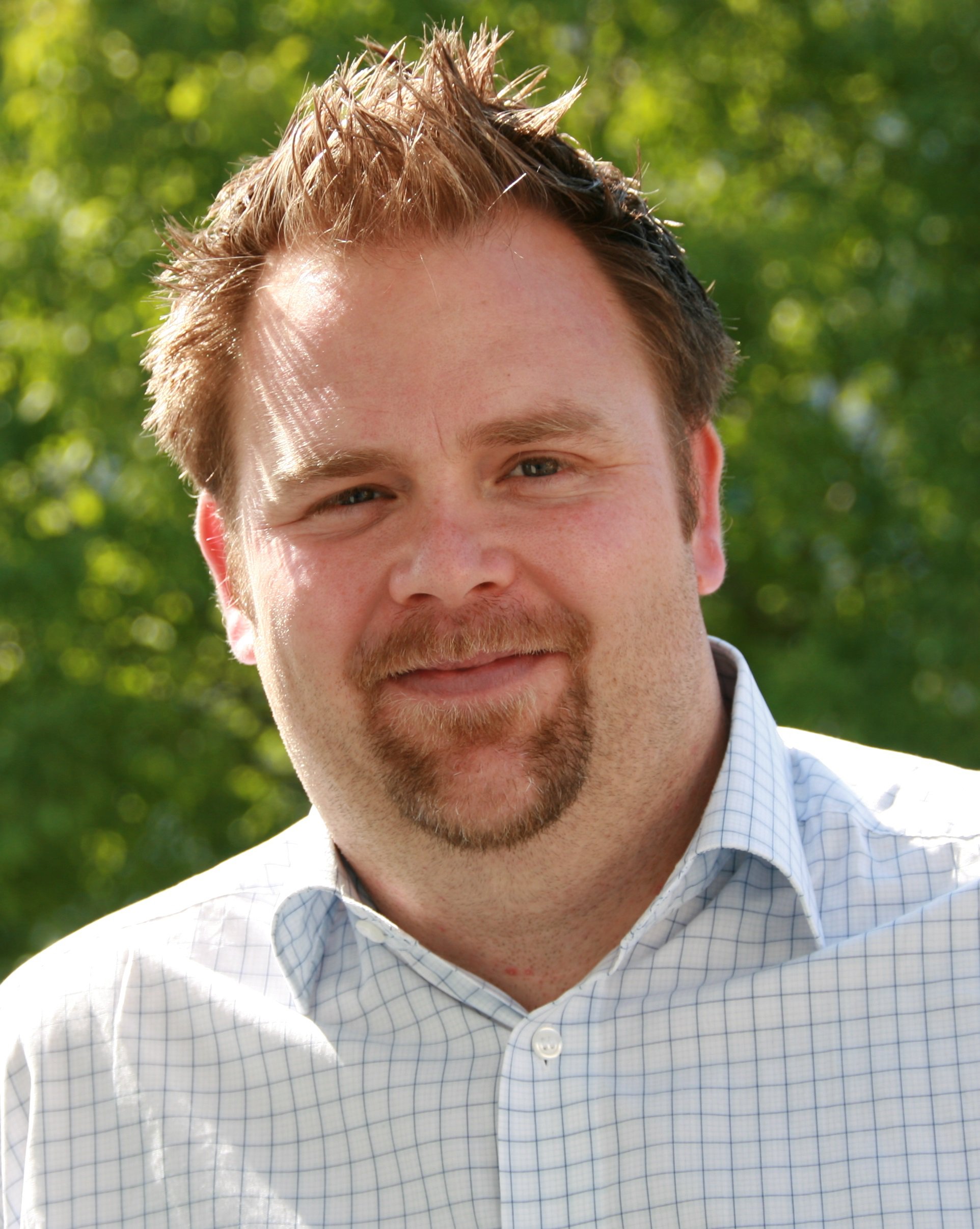
Jan Steiger
Passive House Institute
Jan Steiger pursued a career as a traditional architect through his studies at the University of Stuttgart complemented with various internships. He became inspired by the Passive House Standard in 2004 while working at Michael Tribus Architecture in South Tyrol as internal project manager on energy efficiency and Passive House projects. Jan joined the Passive House Institute as a researcher in 2011, where he leads the development of PHPP and is thereby involved in the coordination of projects such as the DEEVi and the EU-funded project EuroPHit. Always seeking to provide a simple explanation of cost-effective and energy-efficient construction, Jan is also an experienced speaker and certifier of buildings, doors and building systems.